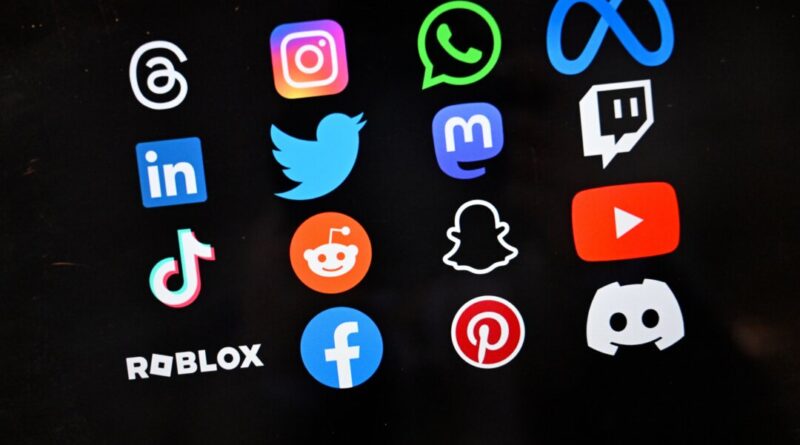Australian Parliament Proposes Legislation to Prevent Minors Under 16 from Accessing Social Media
‘This is about protecting young people, not punishing or isolating them,’ Australian Communications Minister Michelle Rowland said.
An Australian government minister on Nov. 21 introduced a bill to parliament aiming to ban people under the age of 16 from using social media, stating that online safety is a significant challenge for parents in today’s society.
Australian Communications Minister Michelle Rowland addressed the Australian Parliament in Canberra, mentioning that social media platforms like Instagram, Facebook, TikTok, Reddit, and X could potentially face fines of AU$50 million ($33 million) for not preventing young individuals from creating accounts on their platforms.
“This Bill seeks to establish a new societal norm—that using social media is not a core aspect of growing up in Australia,” Rowland stated in the House of Representatives. “There is a broad consensus that immediate action must be taken to prevent young teenagers and children from being exposed to unfiltered and infinite streams of content.”
If the bill becomes law, platforms will be given one year to implement the age restriction.
“For many young Australians, social media can be detrimental,“ Rowland expressed. ”Almost two-thirds of 14- to 17-year-old Australians have encountered extremely harmful online content, including drug abuse, suicide or self-harm, and violent material. A quarter have seen content promoting unsafe eating habits.”
The government claimed that the bill enjoys widespread political support, with state research indicating that 95 percent of Australian parents and guardians view online safety as one of their most challenging parenting issues.
Rowland emphasized that platforms have a social responsibility and must do more to address harm.
“The Bill places the responsibility on social media platforms, not parents or young individuals, to take reasonable steps to ensure essential protections are in place,” Rowland stated. “This is focused on protecting young people, not punishing or isolating them, and letting parents know that we are on their side in supporting their children’s health and well-being.”
The bill is facing opposition domestically and internationally.
Billionaire Elon Musk cautioned that the Canberra government aims to expand its plans to restrict internet access.
Child welfare and internet experts have voiced concerns about the proposed legislation, suggesting that the ban could disconnect 14- and 15-year-olds from their existing online social circles.
She recommended that instead of a complete ban, the best approach to safeguard children online is by enforcing stronger data protection laws for all users and avoiding the use of profiling for personalized feeds.
“The technology required for age verification of young individuals is highly unreliable and still in the experimental phase,” the University of Sydney digital cultures lecturer explained.
Based on research funded by the eSafety Commissioner, Humphry noted that the vast majority of teenagers aged 12 to 17 surveyed indicated they could bypass age restrictions.
The Digital Industry Group Inc., based in Sydney and advocating for Australia’s digital sector, also expressed concerns that there might not be enough time for “meaningful consultation on the specifics of this globally unprecedented legislation” with a vote on the bill expected the following week.
Rowland clarified that age restrictions will not be applicable to messaging services, online games, or platforms substantially promoting the health and education of users, citing that while these services still pose risks to users, they do not involve “the same algorithmic content curation and psychological manipulation to encourage endless engagement.”
Canberra recently announced that a consortium led by UK firm Age Check Certification Scheme has been tasked with exploring methods to verify the ages of internet users.
Age Check Certification Scheme CEO Tony Allen mentioned on Monday that the technologies being considered include age estimation and inference software, as well as parental controls.
Age inference entails establishing certain facts about individuals that suggest they are at least a specific age before granting them access.
In addition to banning under-16s from social media, the Australian government is also seeking ways to prevent under-18s from accessing adult content and gambling websites.
To address privacy concerns, Rowland confirmed that platforms would face the same penalties for misuse of personal information obtained for age verification as they would for allowing underage users on their platforms.
She stated that any information obtained for age verification must be deleted after fulfilling its purpose unless the user explicitly consents to its retention.
The Associated Press contributed to this report.





